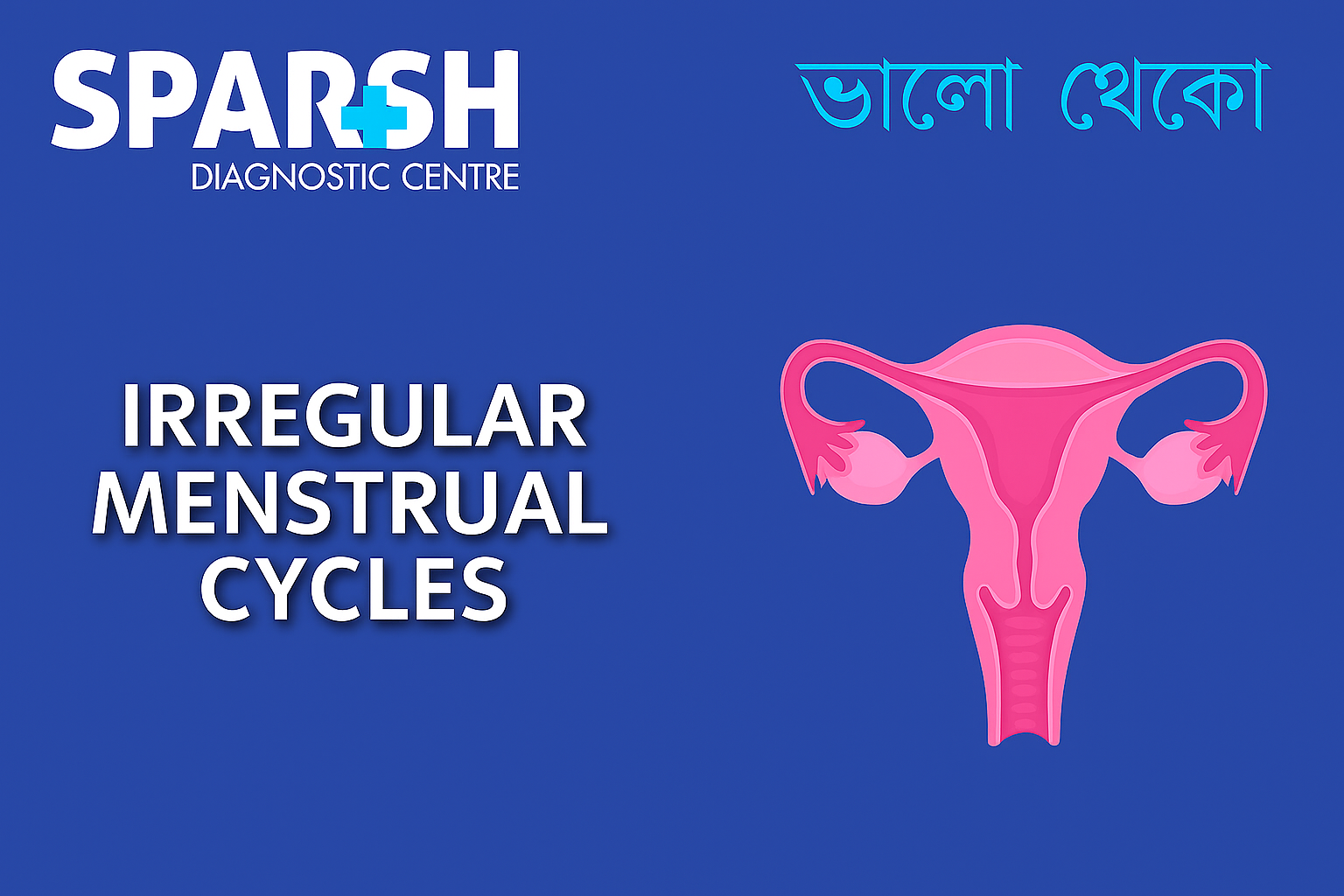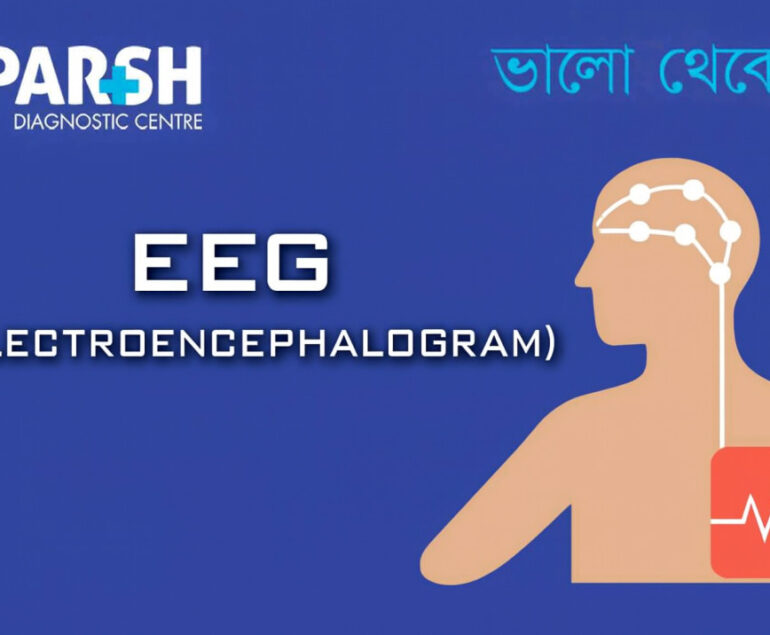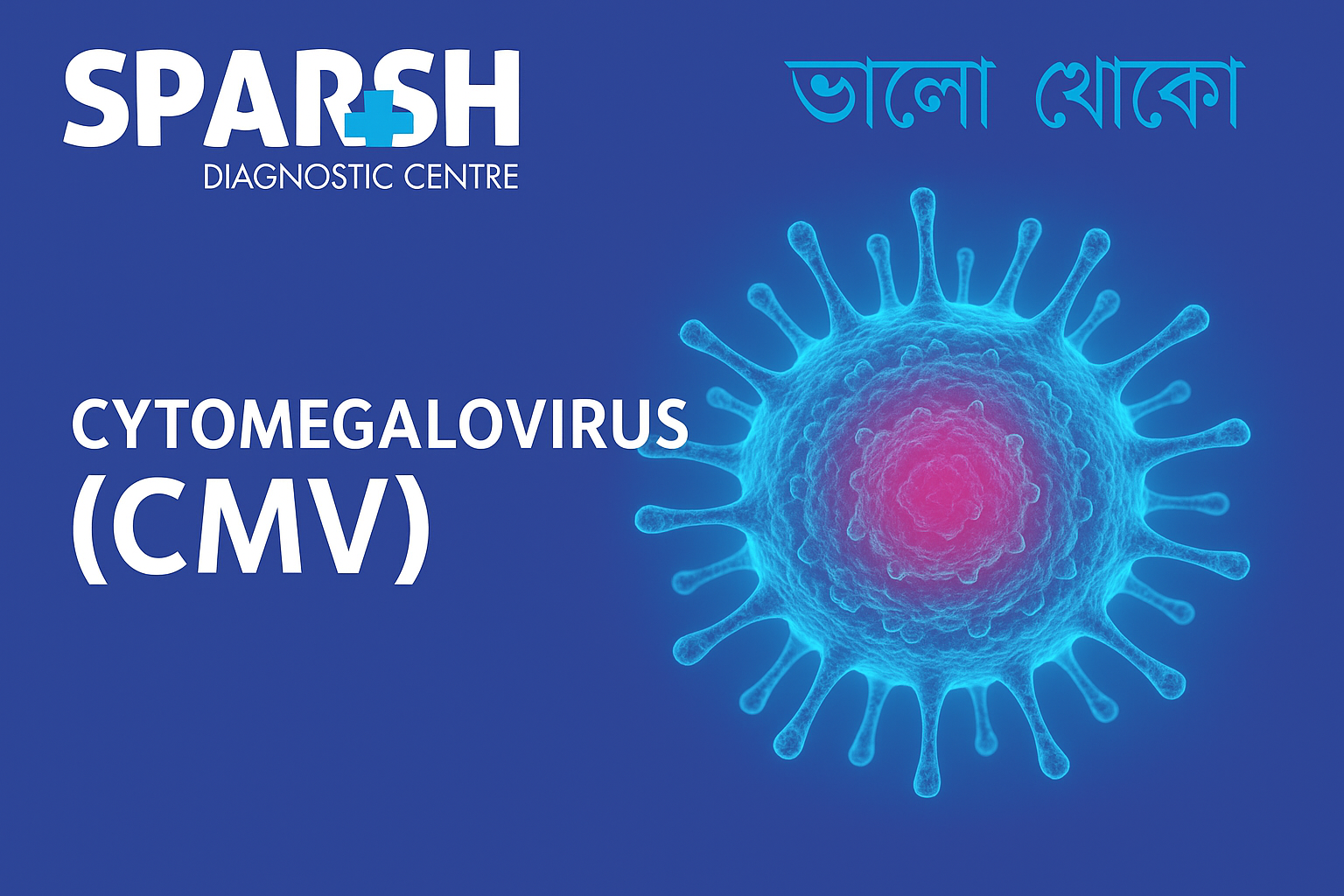Swollen lymph nodes, also called lymphadenopathy, are a common medical concern that often triggers anxiety. While typically associated with infections, swollen nodes can also be a sign of autoimmune diseases or even cancer in some cases.
Lymph nodes are an integral part of your immune system, acting as filters for harmful substances. When these nodes swell, it’s often a response to an underlying condition—ranging from mild to severe.
This comprehensive guide explores everything you need to know about swollen lymph nodes, including causes, symptoms, when to seek medical attention, diagnosis, treatment, and prevention tips.
What Are Lymph Nodes?
Lymph nodes are small, bean-shaped glands located throughout your body. They are part of the lymphatic system, which includes:
Lymph fluid
Lymphatic vessels
Lymph nodes
Spleen
Thymus
Tonsils
Their main function is to filter lymphatic fluid and help your body fight infections by storing white blood cells (lymphocytes).
What Does Swollen Lymph Nodes Mean?
Swollen lymph nodes occur when they become enlarged due to infection, inflammation, or malignancy. They are most commonly felt in areas such as:
Neck
Under the jaw or chin
Armpits
Groin
Swelling indicates that the immune system is actively fighting off a pathogen or responding to abnormal cells.
Symptoms of Swollen Lymph Nodes
Swelling is usually localized and may be accompanied by other symptoms depending on the underlying cause.
Common Signs Include:
Tenderness or pain in the area
Noticeable lump(s) under the skin
Redness or warmth over the node
General symptoms like fever or fatigue (if infection is present)
Hard or fixed nodes (can be a sign of cancer)
Common Causes of Swollen Lymph Nodes
There are numerous potential causes of lymph node swelling, which can be classified into infectious, inflammatory, or malignant categories.
1. Infections (Most Common Cause)
a. Viral Infections:
Common cold
COVID-19
b. Bacterial Infections:
Skin or wound infections
Cat scratch disease
c. Parasitic or Fungal Infections:
Histoplasmosis
2. Autoimmune and Inflammatory Conditions
These conditions can cause widespread immune activation, leading to generalized lymph node enlargement.
3. Cancers and Malignancies
Swollen lymph nodes can be a sign of cancer—either originating in the lymphatic system or spreading from elsewhere.
Types Include:
Cancer-related nodes are typically:
Painless
Firm or rubbery
Fixed (not mobile)
4. Medications
Some drugs can trigger lymph node enlargement as a side effect. Common examples include:
Phenytoin (anticonvulsant)
Certain antibiotics or vaccines
5. Injury or Inflammation Near the Node
Swelling can occur when there is:
Recent trauma
Insect bites
Skin infections near the node’s drainage area
Types of Lymphadenopathy
1. Localized Lymphadenopathy
Only one group of lymph nodes is swollen.
Common in bacterial or localized viral infections.
2. Generalized Lymphadenopathy
Multiple areas of lymph node swelling.
More likely due to systemic infections or immune conditions.
Diagnosis of Swollen Lymph Nodes
Accurate diagnosis depends on medical history, physical exam, and sometimes additional tests.
1. Clinical History and Physical Exam
Onset and duration of swelling
Associated symptoms like fever, night sweats, weight loss
Exposure to infections
Travel history
Personal or family history of cancer or autoimmune disease
2. Blood Tests
CBC (Complete Blood Count): Assesses infection or leukemia
ESR/CRP: Indicators of inflammation
HIV or EBV tests: To rule out specific viral infections
3. Imaging Tests
Ultrasound: Helps differentiate cysts from solid nodes
Chest X-ray: To detect lung infections or lymphadenopathy in the chest
4. Biopsy
If cancer is suspected or if the node doesn’t resolve within a few weeks:
Core needle biopsy
Excisional biopsy (complete removal of the node)
Treatment of Swollen Lymph Nodes
Treatment depends on the underlying cause.
1. Infection-Related
Viral Infections: Usually resolve on their own
Bacterial Infections: Treated with antibiotics
Parasitic/Fungal: Specific anti-parasitic or antifungal agents
2. Autoimmune Diseases
Immunosuppressive therapy: Steroids, DMARDs, or biologics for conditions like lupus or rheumatoid arthritis
3. Cancer
Chemotherapy, radiation, or surgery depending on the type and stage
Targeted therapy or immunotherapy in select cases
4. Supportive Care
Warm compresses to relieve tenderness
Pain relievers like ibuprofen or acetaminophen
Rest and hydration during recovery
When to See a Doctor
While many cases of swollen lymph nodes are harmless and self-limiting, medical evaluation is necessary if you experience:
Swelling lasting more than 2 weeks
Painless, hard, fixed nodes
Unexplained fever, night sweats, or weight loss
Rapidly enlarging nodes
Difficulty swallowing or breathing
Persistent fatigue or malaise
Early evaluation can help rule out serious causes like cancer.
Prevention of Swollen Lymph Nodes
Although you can’t prevent lymph node swelling entirely, you can reduce your risk by managing infection and inflammation.
1. Prevent Infections
Wash hands regularly
Avoid close contact with sick individuals
Stay updated with vaccinations
Practice safe sex
2. Manage Chronic Conditions
Adhere to medications for autoimmune diseases
Follow up with your doctor regularly
3. Healthy Lifestyle Choices
Swollen Lymph Nodes in Children
Children commonly experience swollen lymph nodes, especially in the neck, due to frequent infections like colds, tonsillitis, or ear infections. Most cases are:
Benign
Self-limiting
Treated with supportive care
However, any persistent or non-resolving lump in a child should still be evaluated by a pediatrician.
FAQs About Swollen Lymph Nodes
1. Are swollen lymph nodes always a sign of cancer?
No. Most cases are due to infections or benign causes. However, persistent or unusual swelling should be evaluated.
2. How long do swollen lymph nodes last?
They usually resolve within 2–3 weeks. If they persist beyond that, consult a doctor.
3. Can stress cause swollen lymph nodes?
Not directly, but chronic stress can weaken your immune system and make you more prone to infections that can cause swelling.
4. Should I massage a swollen lymph node?
No. Massaging the node may increase inflammation or irritation.
5. Is it normal to feel lymph nodes?
Yes, especially in thin individuals. Small, soft, mobile nodes (<1cm) can be normal.
Swollen lymph nodes are your body’s way of signaling that something’s wrong—most often an infection, sometimes something more serious. While usually harmless, persistent or unusual swelling warrants a medical evaluation.
Understanding the causes, symptoms, and when to seek help can ease anxiety and enable early diagnosis of potential issues, including cancers and immune disorders.
Concerned About Swollen Lymph Nodes?
Visit Sparsh Diagnostic Centre for:
✅ Physical examination
✅ Blood tests
✅ Imaging and biopsy services
✅ Expert consultation
📞 Call us: 9830117733 / 8335049501
🕒 Centre Open: Mon–Sat: 7 AM – 9 PM | Sun: 7 AM – 3 PM
🌐 www.sparshdiagnostica.com
#BhaloTheko
Disclaimer:
No content on this site, regardless of date, should ever be used as a substitute for direct medical advice from your doctor or other qualified clinician.

![]()






Fabulous, what a website it is! This weblog gives helpful data to us,
keep it up.
[…] 5. Swollen Glands […]
[…] Swollen Lymph Nodes: Some viral infections cause the lymph nodes to swell, particularly in the neck, armpits, or groin. […]
[…] Enlarged lymph nodes […]
[…] or enlarged lymph nodes pressing against the […]
[…] Enlarged lymph nodes in the groin […]
[…] virus (EBV). It is primarily known for causing extreme fatigue, sore throat, fever, and swollen lymph nodes, and it mainly affects teenagers and young adults. However, people of all ages can get […]
[…] is often asymptomatic or presents with mild, non-specific symptoms such as fever, fatigue, and swollen lymph nodes. In some cases, a localized swelling called a chagoma may develop at the site of parasite […]
[…] people with lymphoma may experience other symptoms such as unexplained weight loss, fever, and swollen lymph nodes. While night sweats alone are rarely a sign of cancer, they can be a warning sign when combined […]